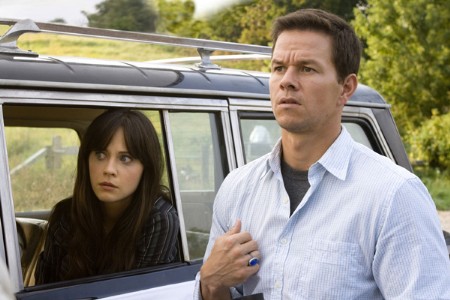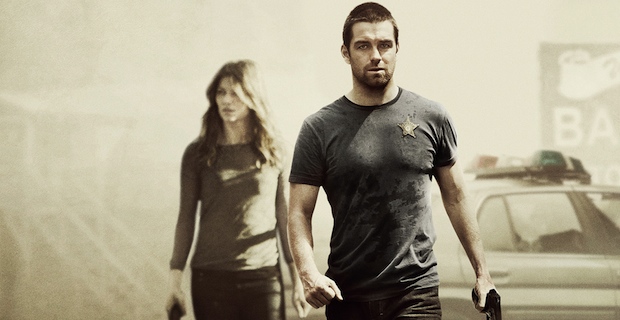
The Academy Awards, affectionately known as the Oscars, have for 95 years served as Hollywood’s most glittering stage, a spectacle of cinematic achievement and star power. Beyond the dazzling red carpet and heartfelt acceptance speeches, however, lies a complex tapestry woven with whispers, disagreements, and often, outright scandals. It’s a place where the drama isn’t just made for the screen but frequently spills into the public consciousness, exposing the fascinating — and sometimes unsettling — truths behind the golden statues.
While art is inherently subjective, and cinema no exception, the immense popularity and lucrative nature of films intensify public scrutiny over major awards. Viewers and critics alike often find themselves questioning the Academy’s choices, whether due to perceived better contenders, surprising upsets that cast doubt on the voting process, or the pervasive influence of awards season campaigning. This cynicism suggests that sometimes, Oscars might be given out more for behind-the-scenes handshakes than for objective quality.
However, the “lies behind the Oscars” extend beyond mere cinematic preference. Often, personal factors — tumultuous production drama, misdeeds by actors or filmmakers, or controversial public statements — weigh heavily on observers’ unease with certain wins. These moments ignite crucial discussions about separating the artist from the art, about accountability, and about how the Academy’s decisions reflect, or fail to reflect, evolving societal standards. We’re here to pull back the curtain on 11 such instances, revealing the complex narratives behind some of the most highly criticized Oscar wins in history.
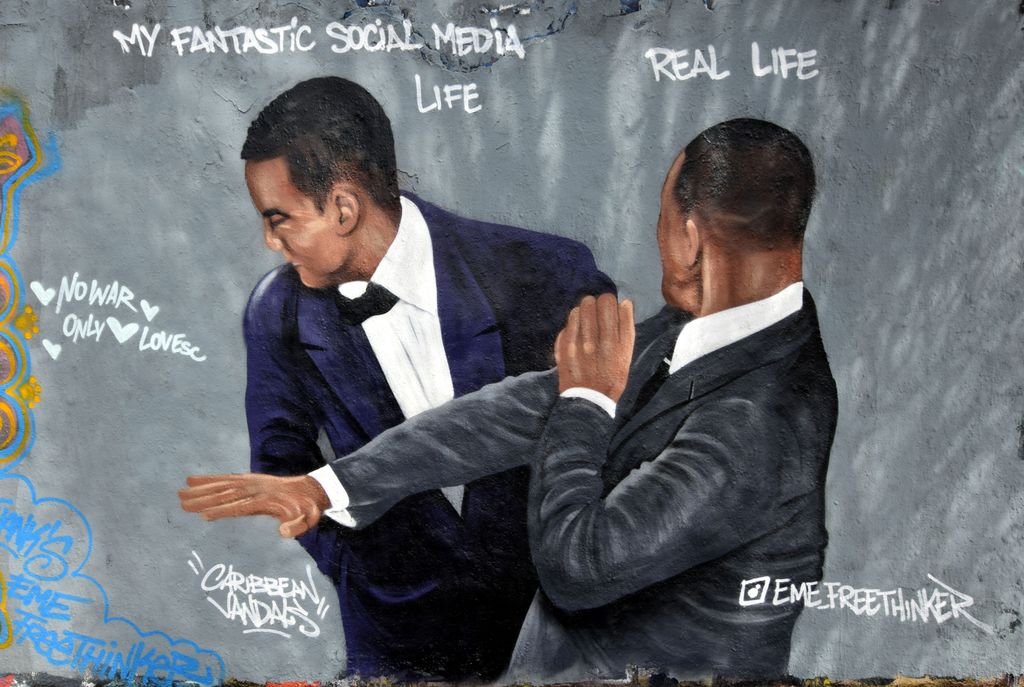
1. **Will Smith’s Best Actor Victory and the Infamous Slap (2022)**Will Smith’s best actor victory for “King Richard” at the 94th Academy Awards was intended as a moment of triumph, celebrating his performance as the titular Richard Williams, father and longtime coach of tennis superstars Venus and Serena. His acting had earned him significant acclaim in the months leading up to the awards. However, the evening took a jarring, unprecedented turn before the Best Actor winner was even announced, forever altering the narrative of his achievement.
The now-infamous incident saw Smith stride onto the Oscars stage and slap Chris Rock across the face. Rock had just made a joke referencing Smith’s wife Jada Pinkett Smith’s shaved head, a result of her struggle with alopecia. The industry and the entire Oscars viewership remained stunned and confused over the slap, with Smith yelling, “Keep my wife’s name out of your f***ing mouth!” The show went on, with Smith apologizing during his acceptance speech, but the fallout came swiftly in the weeks after.
The Academy itself faced significant backlash for allowing Smith to remain in the theater and accept his Oscar. AMPAS president Janet Yang later admitted the organization “dropped the ball” by waiting too long to respond, stating, “What happened onstage was fully unacceptable and the response from our organization was inadequate.” Smith resigned from the Academy and was banned from the Oscars for the next decade, making this win a stark example of how a shocking personal action can profoundly misalign with the public celebration of artistic achievement.
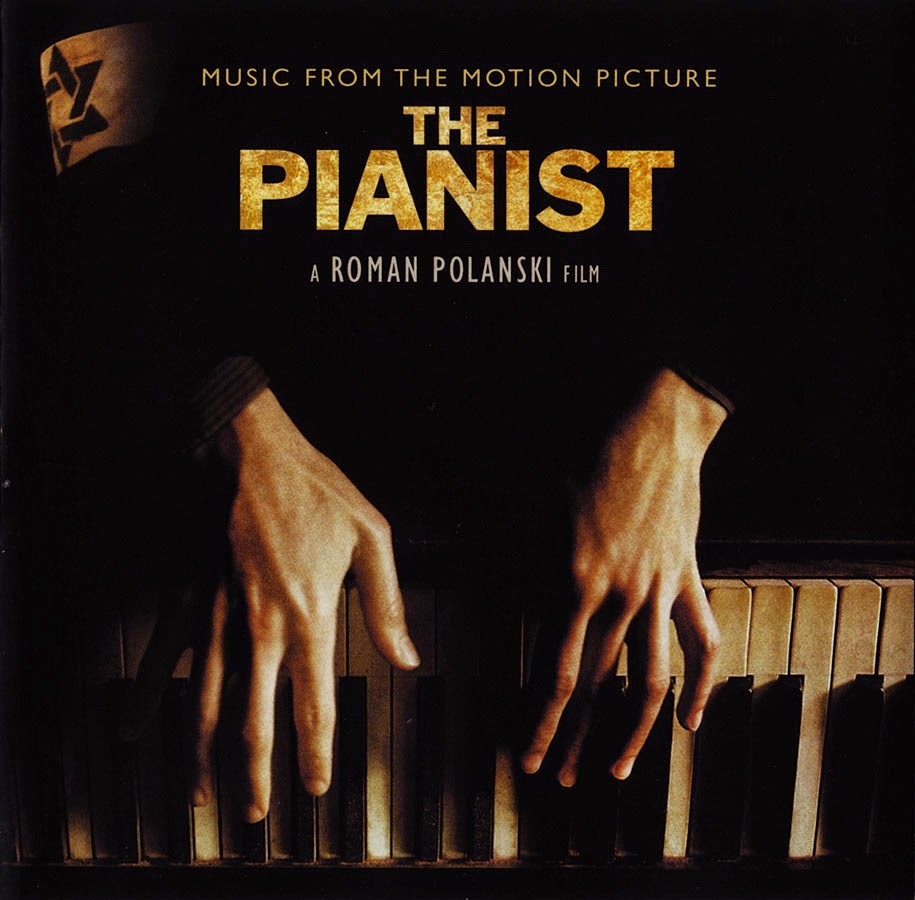
2. **Roman Polanski’s Best Director Win for ‘The Pianist’ (2003)**In a victory that stirred ethical debate, Roman Polanski was awarded Best Director for “The Pianist” at the 75th Academy Awards. What made this win particularly contentious was Polanski’s absence; the filmmaker was not in attendance as he had fled the United States decades earlier after pleading guilty to statutory rape. His flight from justice stemmed from a 1977 conviction for having sexual intercourse with a minor, for which he served 42 days behind bars before escaping the country after learning a judge might reject his plea bargain.
Polanski has never returned to the U.S., a fact that hung heavy over his Oscar triumph. This situation forced a direct confrontation with the complex, often uncomfortable, discussion of separating the artist from their art. While the quality of “The Pianist” was widely lauded, the Academy’s decision to honor a fugitive from American justice, especially one accused of such a serious crime, sparked considerable unease among observers and within the industry.
Years later, amidst the heightened awareness of the #MeToo and Time’s Up movements in 2018, the Academy took a more decisive stance. Polanski was expelled from its membership, signaling a shift in the organization’s standards of conduct and a belated acknowledgment of the moral compromise in celebrating an individual with such a past, long after his controversial win.

3. **Casey Affleck’s Best Actor Win for ‘Manchester by the Sea’ (2017)**Casey Affleck’s win for Best Actor at the 89th Academy Awards for his poignant performance in “Manchester by the Sea” was another instance where personal conduct cast a shadow over artistic recognition. Affleck’s victory was notable not just for the performance itself, but for the visible dissent from some quarters, most prominently from actress Brie Larson, who handed him his Oscar. Many observed that Larson, who portrayed a sexual assault victim in “Room” and is an advocate for survivors, did not applaud for his win.
This silent protest was widely interpreted as a reaction to sexual harassment accusations leveled against Affleck on the set of his film “I’m Still Here.” Although the civil lawsuits filed by two women working on the film were settled out of court in 2010, the allegations resurfaced prominently during his awards season campaign. The timing of the win, juxtaposed with Hollywood’s nascent reckoning with workplace conduct, brought these accusations into sharp focus, creating a palpable tension between his lauded professional achievement and his disputed personal history.
The controversy continued to reverberate beyond the ceremony itself. Affleck notably dropped out of presenting in the following year’s Oscar ceremony, a decision widely seen as an attempt to avoid another potentially uncomfortable and scrutinized moment. His win remains a potent example of how an actor’s past behavior can deeply affect the reception of their accolades and spark broader conversations about accountability in the industry.

4. **Marlon Brando Declines Best Actor for ‘The Godfather’ (1973)**Marlon Brando’s performance as Don Corleone in “The Godfather” is hailed as one of the greatest in film history, and his Best Actor Academy Award win in 1973 was entirely expected. However, Brando transformed what should have been a celebratory moment into an unprecedented act of political protest, a stark demonstration of how an artist can use a public platform to reveal uncomfortable truths about the industry. He declined the award, sending Apache actress and activist Sacheen Littlefeather in his place.
Littlefeather appeared on stage in traditional Apache dress to read a speech denouncing the “poor treatment of Native Americans in the film industry.” Amidst a mix of boos and some cheers from the Oscars audience, she informed the crowd that Brando “very regretfully cannot accept this very generous award” and that she was representing him to convey his lengthy speech, which she would share with the press due to time constraints. It’s alleged she was told she had to condense the speech into 60 seconds or risk arrest.
This iconic moment laid bare a profound misalignment between Hollywood’s self-congratulatory image and the systemic injustices it perpetuated. Decades later, in June 2022, the Academy finally issued an apology to Littlefeather, acknowledging that “The abuse you endured because of this statement was unwarranted and unjustified. The emotional burden you have lived through and the cost to your own career in our industry are irreparable. For too long the courage you showed has been unacknowledged. For this, we offer both our deepest apologies and our sincere admiration.” Brando’s refusal to accept the award highlighted a deep-seated “lie” within Hollywood’s portrayal and treatment of marginalized communities.
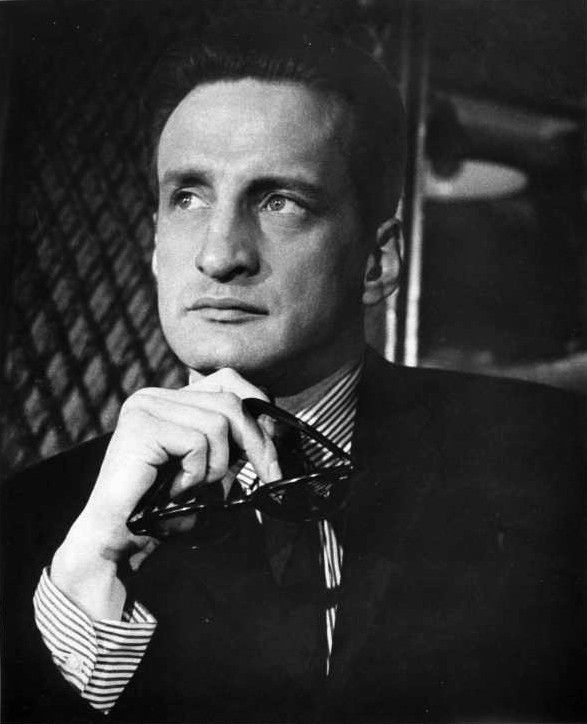
5. **George C. Scott Declines Best Actor for ‘Patton’ (1971)**Before Marlon Brando’s impactful refusal, George C. Scott set a precedent by becoming the first actor in Oscars history to decline his Academy Award. His Best Actor win for his role in “Patton” at the 43rd Academy Awards was met not with his presence, but with a categorical rejection of the entire ceremony. Scott had notoriously labeled the Oscars “a two-hour meat parade” and “a public display with contrived suspense for economic reasons,” revealing his deep-seated disdain for the commercial spectacle.
Scott’s aversion to the awards was so strong that he had requested his name not be included on the best actor ballot during the voting process. In a telegram sent to the Academy, Scott wrote, “I respectfully request that you withdraw my name from the list of nominees. My request is in no way intended to denigrate my colleagues.” This pre-emptive action demonstrated a profound personal conviction that clashed sharply with the industry’s highest form of public recognition.
His deliberate non-participation highlighted a “private truth” about the nature of awards shows that few dared to voice publicly. While Hollywood celebrated its stars, Scott viewed the event as an undignified, commercially driven charade, refusing to allow his artistic achievement to be co-opted by what he perceived as a shallow display. His principled stance, though controversial at the time, offered a rare glimpse into an artist’s personal philosophy diverging dramatically from the industry’s glitz and glamour.
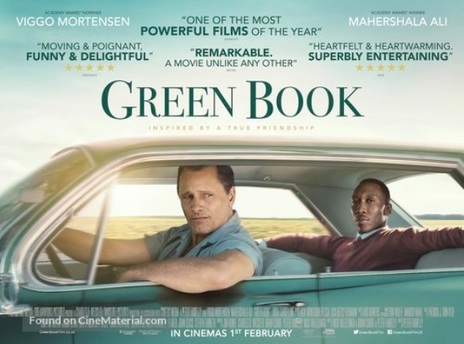
6. **’Green Book’ Wins Best Picture Over ‘Roma’ (2019)**Peter Farrelly’s “Green Book” took home the Oscars’ top prize at the 91st Academy Awards, but its victory was immediately engulfed in controversy, quickly becoming widely considered one of the most criticized best picture winners of the 21st century. The sanitized biographical drama, which tells the story of Black jazz pianist Don Shirley and his white driver and bodyguard Frank “Tony Lip” Vallelonga, prevailed over Alfonso Cuarón’s acclaimed “Roma,” which had won top honors at Venice and the BAFTAs.
The film had already faced extensive criticism before the Oscars, with the family of Mahershala Ali’s character, Don Shirley, condemning the movie. It was produced by Nick Vallelonga, the real-life son of Viggo Mortensen’s character, Frank Vallelonga, raising questions about historical accuracy and perspective. Director Peter Farrelly was also scrutinized for past accusations of sexually inappropriate pranks in previous films, adding another layer of discomfort to the film’s public image.
Many viewers interpreted “Green Book” as a “white savior” narrative, a common trope that often oversimplifies complex racial dynamics. Immediately after the film’s win, “BlackKklansman” director Spike Lee reportedly attempted to storm out of the ceremony in outrage, signaling the profound disagreement within the industry itself. The win for “Green Book” brought to light a significant misalignment between the Academy’s perceived ideal of a “best picture” and the critical, cultural, and ethical considerations that many felt were overlooked.
Beyond the immediate shockwaves of on-stage drama or a celebrity’s personal conduct, the Academy Awards have also been mired in deeper, often systemic controversies. These instances peel back the glitzy facade to reveal underlying biases, industry machinations, and retrospective re-evaluations that spark enduring debates about merit, ethics, and representation. It’s a fascinating journey into how societal shifts and a changing industry landscape continuously challenge the integrity and public perception of Hollywood’s most coveted prize.

7. **‘Driving Miss Daisy’ Wins Best Picture Over ‘Do the Right Thing’ (1990)** The 62nd Academy Awards in 1990 saw “Driving Miss Daisy” triumph with the Best Picture award, a victory that, while acknowledging the film’s merits, became embroiled in a far deeper scandal. The controversy wasn’t simply about whether the film deserved its accolades, but rather the stark contrast it presented against a critically acclaimed, yet largely snubbed, contemporary work. Many felt the Academy’s choice of a “sanitized look at race relations” highlighted an uncomfortable truth about its preferences at the time, particularly given the strong alternative.
The 62nd Academy Awards in 1990 saw “Driving Miss Daisy” triumph with the Best Picture award, a victory that, while acknowledging the film’s merits, became embroiled in a far deeper scandal. The controversy wasn’t simply about whether the film deserved its accolades, but rather the stark contrast it presented against a critically acclaimed, yet largely snubbed, contemporary work. Many felt the Academy’s choice of a “sanitized look at race relations” highlighted an uncomfortable truth about its preferences at the time, particularly given the strong alternative.
The heart of the contention lay in the Academy’s shocking exclusion of Spike Lee’s “Do the Right Thing” from the top categories. Released in 1989, Lee’s magnum opus was a raw, unflinching depiction of police brutality and racially-motivated violence, earning critical superlatives, including being named film of the year by Roger Ebert, who hailed it as “closer to reflecting the current state of race relations in America than any other movie of our time.” Yet, it received only two nominations: Best Original Screenplay and Best Supporting Actor, both of which it won. This glaring omission, especially when juxtaposed with “Driving Miss Daisy’s” win, ignited widespread backlash and underscored a perceived bias within the voting body.
The profound disagreement within the industry itself was openly voiced during the ceremony. While presenting the Best Picture award, actress Kim Basinger famously declared, “We’ve got five great films here, and they’re great for one reason: They tell the truth. But there is one film missing from this list that deserves to be on it because, ironically, it might tell the biggest truth of all. And that’s ‘Do the Right Thing.’” Her powerful statement underscored a prevailing sentiment that the Academy had missed an opportunity to honor a film that truly captured the urgent social realities of its era, revealing a “lie” in what Hollywood chose to celebrate as its “best.”

8. **‘Crash’ Wins Best Picture Over ‘Brokeback Mountain’ (2006)** Heading into the 2006 Oscars, Ang Lee’s poignant romance drama “Brokeback Mountain” was undeniably the critical darling, having garnered the Golden Lion at the Venice Film Festival and sweeping top honors at both the Golden Globes and the BAFTAs. It seemed poised for a Best Picture victory, yet the night delivered one of the most controversial upsets in Academy Awards history when Paul Haggis’ ensemble drama “Crash” unexpectedly took home the coveted prize. This surprising outcome immediately fueled questions about the Academy’s voting process and the influence of underlying biases.
Reports of homophobia among the Academy’s “old guard” began to surface as the Oscars drew nearer, casting a long shadow over “Brokeback Mountain’s” frontrunner status. Several actors and Academy members, including Ernest Borgnine and Tony Curtis, openly spoke out against the film, with both infamously stating that John Wayne would despise the movie because of its portrayal of gay cowboys. These public declarations not only highlighted a deeply concerning prejudice within the voting body but also revealed a significant misalignment between critical consensus and the Academy’s ultimate decision, suggesting that ingrained social biases could sway the outcome of its highest honor.
“Crash” prevailing over “Brokeback Mountain” became an immediate flashpoint, transforming a moment of celebration into a decades-long debate. Critics continue to question the merit of “Crash” as a Best Picture winner, with many still asking if it is, in fact, “the worst best picture winner” of the 21st century. This particular upset vividly illustrates how prevailing cultural anxieties and prejudices within an industry body can lead to choices that are retrospectively viewed as deeply problematic, challenging the very notion of objective quality and fair recognition at the Oscars.

9. **‘Shakespeare in Love’ Wins Best Picture Over ‘Saving Private Ryan’ (1999)** The 1999 Oscars delivered another seismic upset in the Best Picture category, forever etching John Madden’s “Shakespeare in Love” into the annals of controversial winners. Steven Spielberg’s monumental war epic, “Saving Private Ryan,” an 11-time Oscar nominee and Golden Globe winner, was widely presumed to be the undisputed frontrunner for the top prize. Its cinematic scope and powerful storytelling seemed destined for victory, making “Shakespeare in Love’s” triumph a truly shocking turn of events that continues to be debated more than two decades later.
The 1999 Oscars delivered another seismic upset in the Best Picture category, forever etching John Madden’s “Shakespeare in Love” into the annals of controversial winners. Steven Spielberg’s monumental war epic, “Saving Private Ryan,” an 11-time Oscar nominee and Golden Globe winner, was widely presumed to be the undisputed frontrunner for the top prize. Its cinematic scope and powerful storytelling seemed destined for victory, making “Shakespeare in Love’s” triumph a truly shocking turn of events that continues to be debated more than two decades later.
This particular upset is frequently cited as a prime example of “industry machinations” and the profound influence of aggressive awards season campaigning. Harvey Weinstein’s ruthless promotional efforts for the Miramax-backed “Shakespeare in Love” were widely credited with giving it the crucial edge over “Saving Private Ryan.” The intense, behind-the-scenes lobbying and strategic campaigning for votes transformed the landscape of awards season, demonstrating that the ultimate prize could be swayed by factors beyond artistic merit alone. This signaled a significant shift in how studios approached the Oscar race, prioritizing marketing prowess as much as filmmaking excellence.
The industry was undeniably shocked by the outcome, and the ramifications of this win extended far beyond that single night, fundamentally altering how awards season was perceived and conducted. It underscored the cynical belief that, at times, Oscars might be given out more for “behind-the-scenes handshakes” and strategic maneuvering than for objective quality or critical acclaim. The “Shakespeare in Love” victory stands as a potent reminder of the complex interplay between art, commerce, and influence that often defines the ultimate decisions of the Academy.

10. **‘Bohemian Rhapsody’ Wins Best Editing Amidst Widespread Criticism (2019)** The Oscar win for film editing for “Bohemian Rhapsody” at the 2019 Academy Awards was, surprisingly, not entirely unexpected, as the movie had already secured the ACE Eddie Awards in the category. However, this victory immediately sparked a considerable amount of backlash from moviegoers and film critics alike, many of whom adamantly believed the Queen biopic was, ironically, “one of the worst edited films of the year.” This sharp misalignment between an industry award and popular/critical perception raised serious questions about the technical standards upheld by the Academy.
The Oscar win for film editing for “Bohemian Rhapsody” at the 2019 Academy Awards was, surprisingly, not entirely unexpected, as the movie had already secured the ACE Eddie Awards in the category. However, this victory immediately sparked a considerable amount of backlash from moviegoers and film critics alike, many of whom adamantly believed the Queen biopic was, ironically, “one of the worst edited films of the year.” This sharp misalignment between an industry award and popular/critical perception raised serious questions about the technical standards upheld by the Academy.
The film’s editing was subjected to intense scrutiny, with a viral video essay released after the Oscars meticulously detailing its perceived sloppiness, garnering over 3 million views. A particular scene, depicting the band’s meeting with their eventual manager John Reid, became the poster child for frenetic over-editing, drawing widespread ridicule. Even the film’s editor, John Ottman, candidly acknowledged the scene’s shortcomings, telling The Washington Post, “Whenever I see it, I want to put a bag over my head. Because that’s not my aesthetic.” This extraordinary admission from the award-winning editor himself only intensified the controversy, questioning the validity of the Academy’s choice.
The win for “Bohemian Rhapsody” in Best Editing, despite overwhelming critical and even internal professional disagreement, highlights a broader issue of how technical achievements are judged by the Academy. Coupled with other controversies surrounding the film, such as the firing of its director Bryan Singer amidst sexual assault accusations and the movie’s perceived downplaying of Freddie Mercury’s sexuality and the AIDS crisis, this editing win served as a glaring example of a decision that challenged the very notion of merit and artistic integrity within the Oscars, prompting ongoing debates about accountability and quality control in its selection process.
As we pull back the final curtain on these compelling, and often unsettling, stories behind the golden statues, a clear picture emerges. The Oscars, for all their glitz and glamour, are not merely a celebration of artistic excellence but a complex reflection of industry biases, societal pressures, and the ever-present human element. From the immediate shockwaves of a celebrity’s actions to the quieter, more insidious influence of systemic issues, these instances collectively reveal the intricate “lies” that lie just beneath the surface of Hollywood’s biggest night. They challenge us to look beyond the spectacle, to question the narratives presented, and to continually demand a truer, more equitable reflection of art and the artists who create it. It’s a testament to the enduring power of cinema that even its most controversial moments continue to spark vital conversations about what we truly value in storytelling and those who bring it to life.

